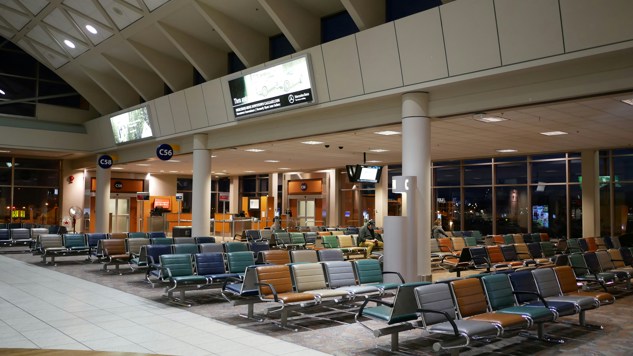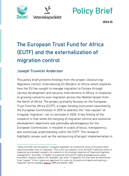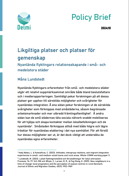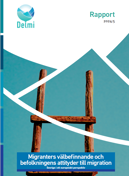The dissertations that form the basis of this publication highlight the difficulties refugees face in obtaining visas and crossing EU borders through regular channels, the vulnerability and well-being of individuals in the Swedish asylum process, and how the categorisation of asylum seekers affects their access to residence permits, housing, and a swift start to the integration process.
The theses represent, in many ways, an encounter between individual life stories and Swedish and European bureaucracy, focusing on the well-being and rights of migrants in often prolonged migration, asylum, and integration processes.
Some overall conclusions and recommendations
Lengthy asylum processes and externalised borders risk exposing migrants to legal uncertainty and deteriorating health. Another key issue is that migrants are often perceived as a group to be managed by authorities and as a societal burden, rather than as individuals capable of making their own decisions and contributing to society. This perception is also reflected in the Swedish housing situation, where migrants often end up in vulnerable conditions and insecure housing.
About the authors
Rikard Engblom is Assistant Professor at the Department of Behavioural, Social and Legal Sciences at Örebro University. Kristina Wejstål is Senior Lecturer at the Department of Law, University of Gothenburg. Andreas Asplén Lundstedt is a researcher at the Department of Global Studies, University of Gothenburg. Mikaela Herbert is a researcher at the Department of Urban Studies at Malmö University.
Linus Engström and Alva Källén, who compiled the anthology, are students at Umeå University and the University of Gothenburg, respectively, and were interns at Delmi in autumn 2024.



